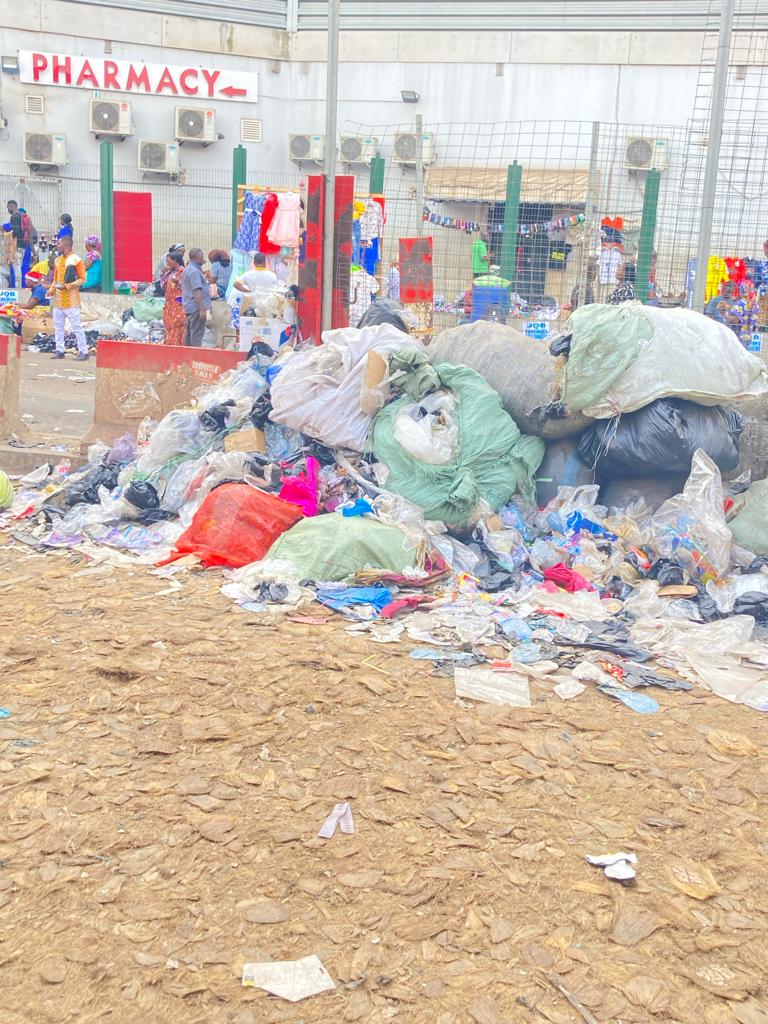Once known as the “Garden City,” of West Africa, Kumasi, a bustling city in Ghana, has sadly fallen from grace. The once pristine streets and lush greenery have been replaced by filth and neglect. It is disheartening to witness the deterioration of this once beautiful city, and even more concerning is the lack of action and care from its inhabitants. In this article, we will explore the reasons why nobody seems to care about the filth in Kumasi, and shed light on the detrimental effects it has on both the city and its residents.
Gone are the days when Kumasi was a shining example of cleanliness and order. Today, rubbish is disposed of haphazardly, and the streets are filled with a variety of waste. The market women and men, who were once the lifeblood of the city, contribute to the problem by making the inner city filthy while continuing to sell their goods amidst the mess. This lack of responsibility and disregard for hygiene is deeply concerning.
Understanding the causes of this filth epidemic is essential to tackle the issue effectively. One major reason is the lack of proper waste management systems and infrastructure. If people do not have convenient options for waste disposal, they are more likely to resort to dumping rubbish wherever they please. Additionally, the absence of strict enforcement and penalties for littering further exacerbates the problem. It is a collective failure on the part of authorities, residents, and businesses.
The consequences of Kumasi’s filth extend far beyond the immediate eyesore. Firstly, the health hazards posed by uncollected garbage and unsanitary conditions cannot be ignored. Diseases and infections spread more easily in such environments, putting the well-being of residents at risk. Secondly, the city’s image and tourism potential are severely compromised. A dirty and neglected city fails to attract visitors, leading to economic losses for local businesses and residents alike. Lastly, the filth breeds a culture of apathy and indifference, perpetuating a cycle of neglect.
Addressing the filth in Kumasi requires a multi-faceted approach involving both the government and its citizens. Firstly, there needs to be a significant investment in waste management infrastructure, such as garbage collection systems, recycling facilities, and public waste bins. Moreover, strict enforcement of littering laws and appropriate penalties should be implemented to deter irresponsible behavior.
